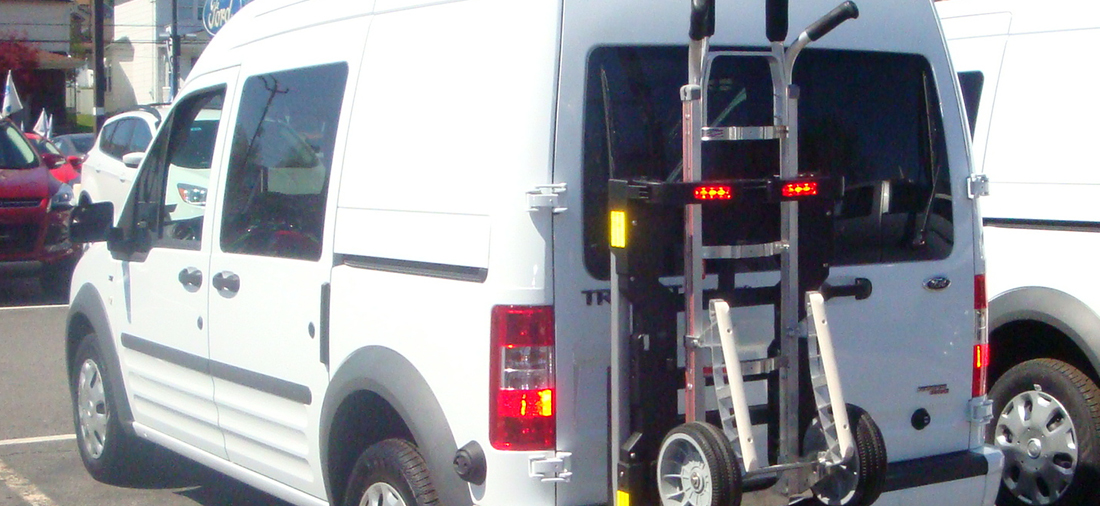Commercial Auto Insurance insures vehicles for physical damage and liability claims for certain amounts, situations, and usages not covered under your personal auto policy. This type of business insurance covers a variety of vehicles such as commercial autos, vans and long haul trucks. It is also referred to as commercial car insurance, truck insurance, or fleet insurance.
COMMERCIAL AUTO INSURANCE
In general, vehicles used in tasks related to the driver’s occupation, profession or business, other than commuting, requires a commercial policy.
- If you use your vehicle to transport goods or people for a fee or if you use you vehicle to conduct a service, you may need a commercial auto insurance policy.
- If you require higher limits of liability due to the nature of your work, a commercial auto policy may be appropriate.
- If you haul a considerable weight in tools or equipment, or tow a trailer used to conduct your business, may also require a commercial auto insurance policy.
- If an employee operates the vehicle or if ownership is in the name of a corporation or partnership, a commercial auto policy may be required.
Similar to your personal auto policy, commercial auto insurance provides coverage such as liability, collision, comprehensive, medical payments (or personal injury protection) and uninsured motorists coverage.
However, there are also differences between a commercial auto insurance policy and your personal auto insurance policy that may include eligibility, definitions, coverage, exclusions, and limits.
Most commercial auto policies are “named driver only” policies, meaning only those drivers listed on the policy can operate the vehicle.
- Property Damage Liability coverage provides you with protection in the event your car accidentally damages another person’s property. It also provides you with legal defense.
- Combined Single Limit (CSL) typically offers separate limits that apply to bodily injury claims for property damage. A combined single limits policy has the same dollar amount of coverage per covered occurrence whether resulting from bodily injury or property damage.
- Medical Payments, No-fault or Personal Injury Protection usually pays for the medical expenses of the driver and passengers in your car resulting from a covered accident, regardless of fault.
- Uninsured Motorist coverage pays for your injuries and, in some circumstances, certain property damage, caused by an uninsured or hit-and-run driver. In some cases, underinsured motorist coverage is also included. This is for cases in which the at-fault driver has insufficient insurance.
- Comprehensive Physical Damage coverage pays for damage to or replacement of your vehicle resulting from theft, vandalism, flood, fire, and other covered dangers.
- Collision coverage pays for damage to your vehicle if involved in a collision with a separate object.


